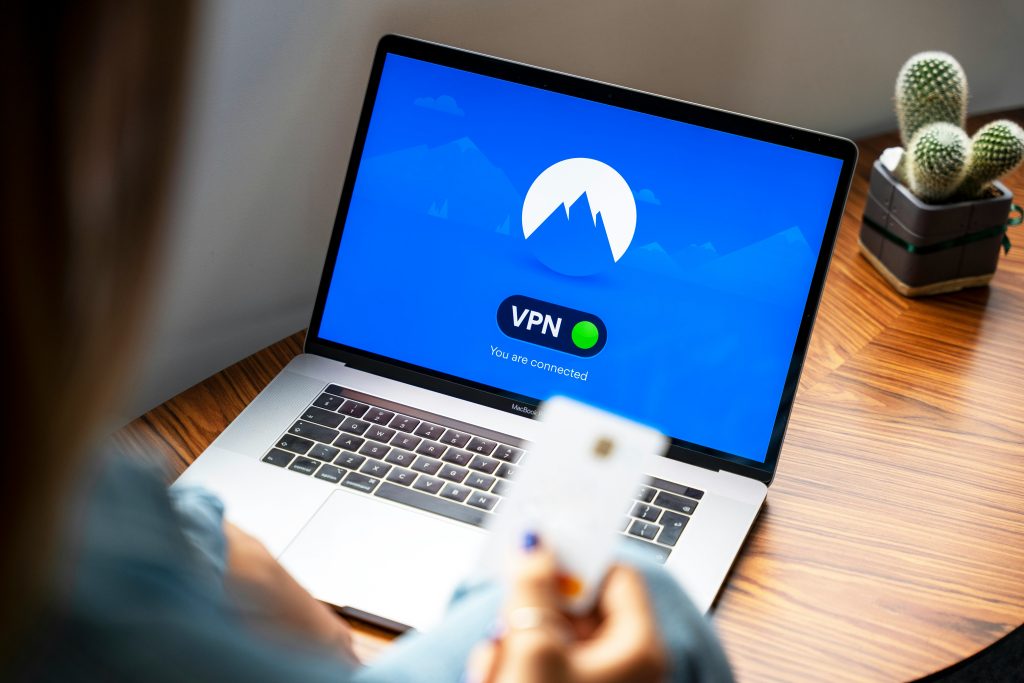Do I Really Need a VPN for My HomeOffice? Tips on Choosing the RightOne for Your Needs

Flexible hours, no time wasted commuting, and better overall productivity cement the prosperous future of working from home. Yet, such new arrangements bring different challenges. Remote workers are tempting targets for cybercrime and surveillance, so being conscious of cybersecurity best practices is a must.
A VPN is a core part of any sound cybersecurity plan. So yes, you do need one for your home office. Why exactly, and what should you consider when choosing one? Here’s what you need to know.
What Benefits Do VPNs Bring?
Virtual private networks base their success on secure encrypted tunnels.
When accessing the internet through a VPN, your entire connection gets encrypted protection first. All your traffic, whether you’re browsing, streaming, or exchanging sensitive documents, gets scrambled and transmitted to one of your VPN provider’s servers. That server decrypts and forwards your requests, which then appear to originate from it.
What does a Virtual Private Network disguise, exactly? Your IP address, browsing activity, downloads, and virtual location. This has several advantages for business use.
Maintaining Privacy
Normally, your internet service provider can access your entire browsing history, including specific pages on websites you visit. Some ISPs collect, anonymize, and sell this data to third parties like advertisers or market research companies.
A VPN’s encrypted tunnel hides your internet traffic from ISPs, advertisers, hackers, or anyone else who might want to benefit from it. While it’s still possible to create a unique identifier of your device via browser fingerprinting, the results are much less accurate and complete, leaving your anonymity intact.
Enhanced information security
Working from home involves checking in with the office, participating in online meetings, and collaborating on joint projects. Such activities hinge on accessing company networks and handling sensitive and confidential data.
Using a VPN provides a modern alternative to centralized company network security. A hidden IP address makes tracking and intercepting your communication much more challenging. In the unlikely event that someone does manage to intercept your exchanges, all they’ll get access to is scrambled data that’s useless without a decryption key.
Changing Your Virtual Location
Home users love VPNs for their ability to bypass geographic restrictions, letting them access streaming content from other countries or enjoy their native selection while on vacation. This feature becomes even more advantageous in a business context.
For example, VPNs are a boon for testing whether a company’s website behaves as it should when accessing it from different parts of the world. Marketers use them to get a sense of local preferences to better tailor their campaigns or check if their ads display correctly. You might need a VPN to access geo-restricted content when performing research, or you can use it to discover how competitors’ pricing strategies and offerings vary by region.
The Hallmarks of a Good Home Office VPN
You’ll want to carefully consider which VPN to go with since the wrong choice can have unwanted consequences. Wrong choice could not only be unhelpful, but even do harm instead.
Trustworthiness is the first and most important factor to consider. Don’t be tempted to go with a free VPN. They have to finance their upkeep somehow, which can involve selling your data and defeats the purpose of using a VPN for privacy. Choose a reputable VPN instead that doesn’t keep logs and regularly undergoes audits to ensure their practices are transparent.
Encryption involves the use of external servers and can slow down your browsing experience. That’s why you’ll want a VPN that supports split tunneling. This technology lets you designate which URLs and apps to protect without affecting less critical ones.
Finally, working from home can involve irregular schedules. It’s crucial that your VPN offers experienced 24/7 human technical support so you can resolve problems quickly and experience minimal downtime. Check what people talk about the provider’s customer support in reviews.
Conclusion
A VPN is an invaluable tool for home office users. It maintains your privacy, safeguards data, and might even let you perform your job more thoroughly. Carefully consider your options and choose a VPN that combines trust, fair pricing, and a user-backed track record into one optimal package.
